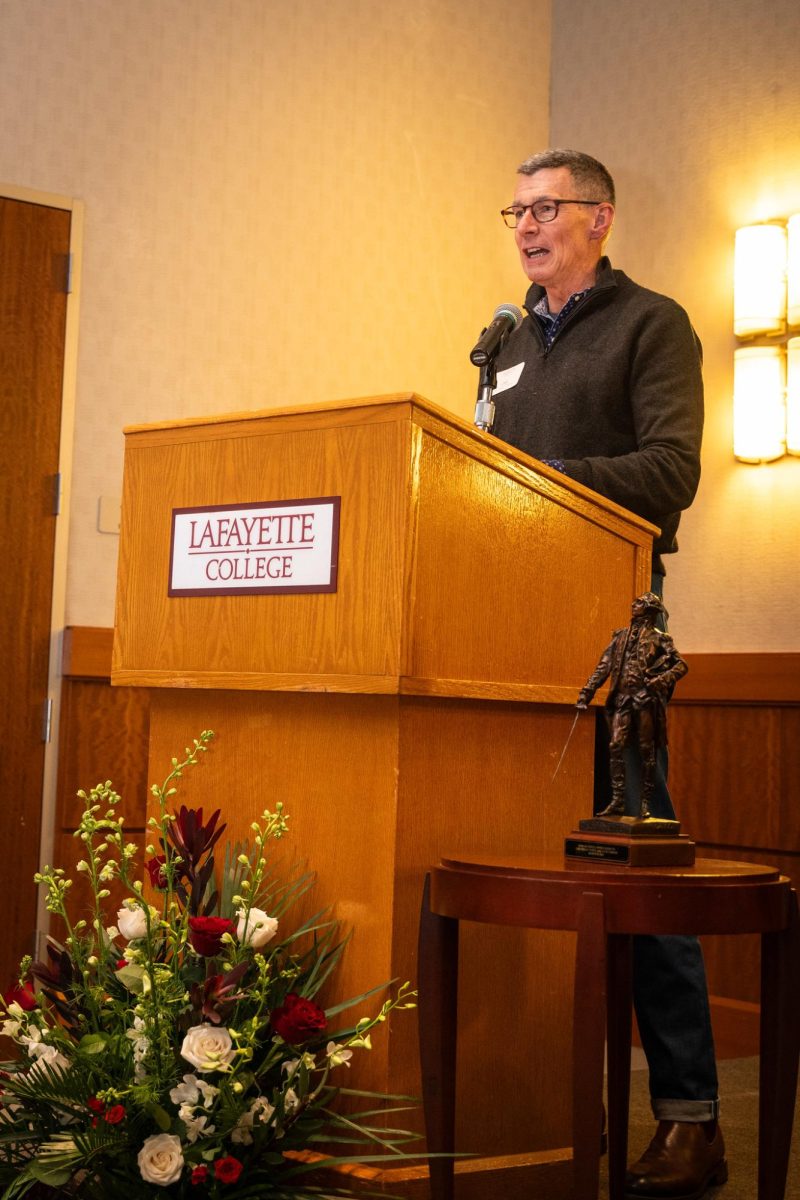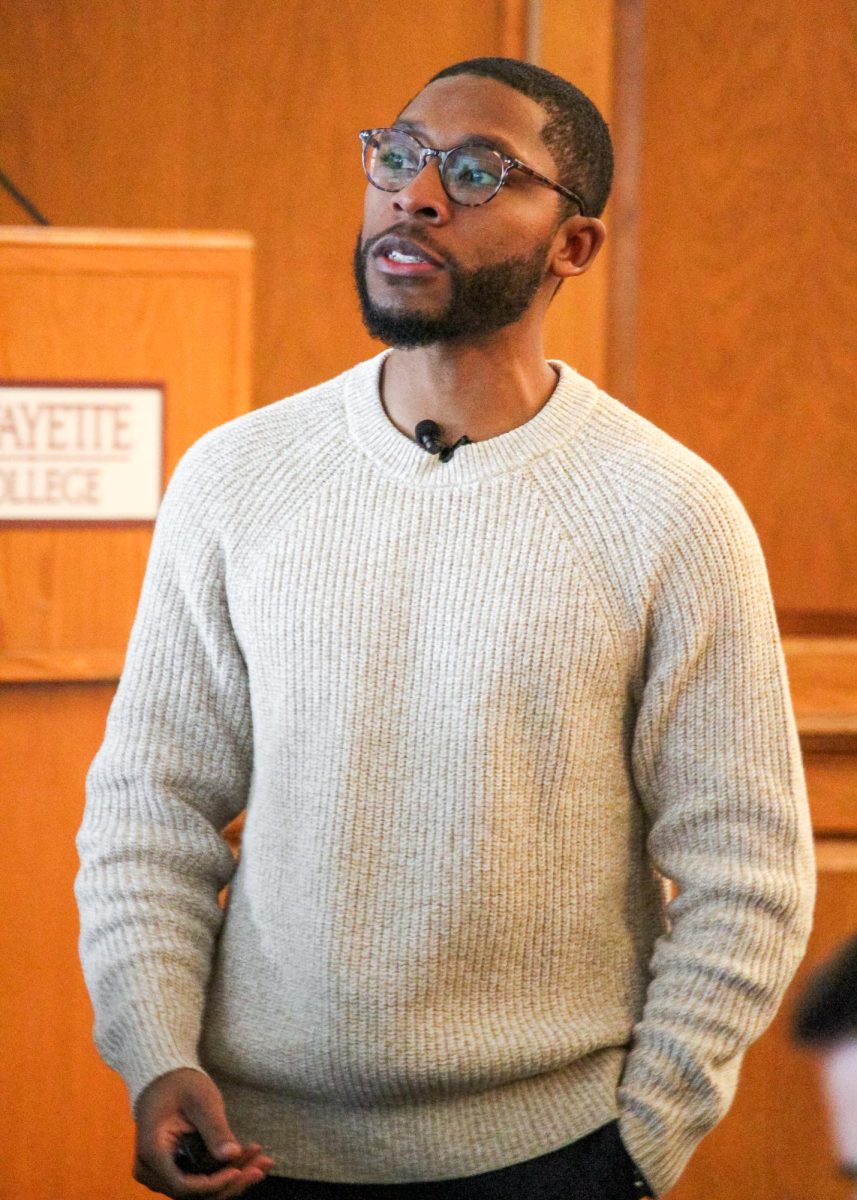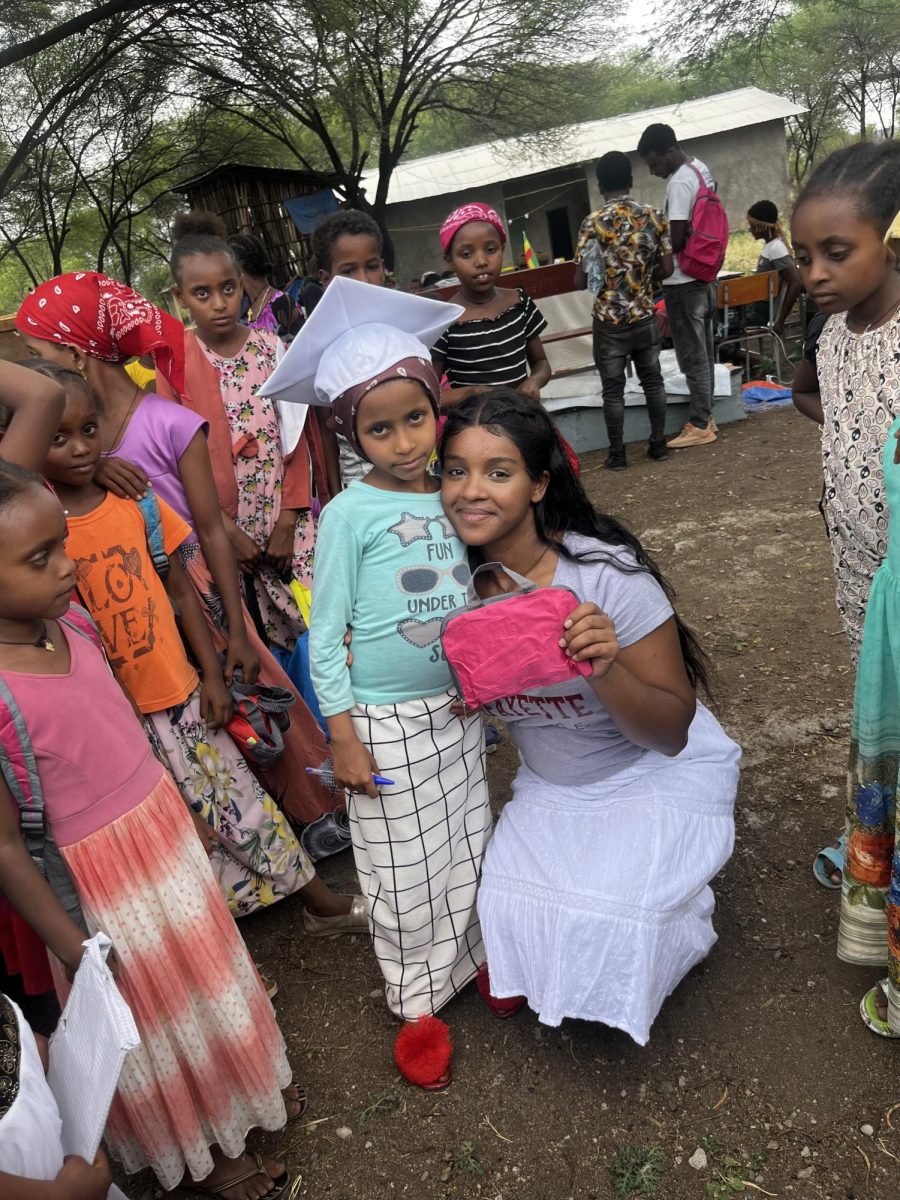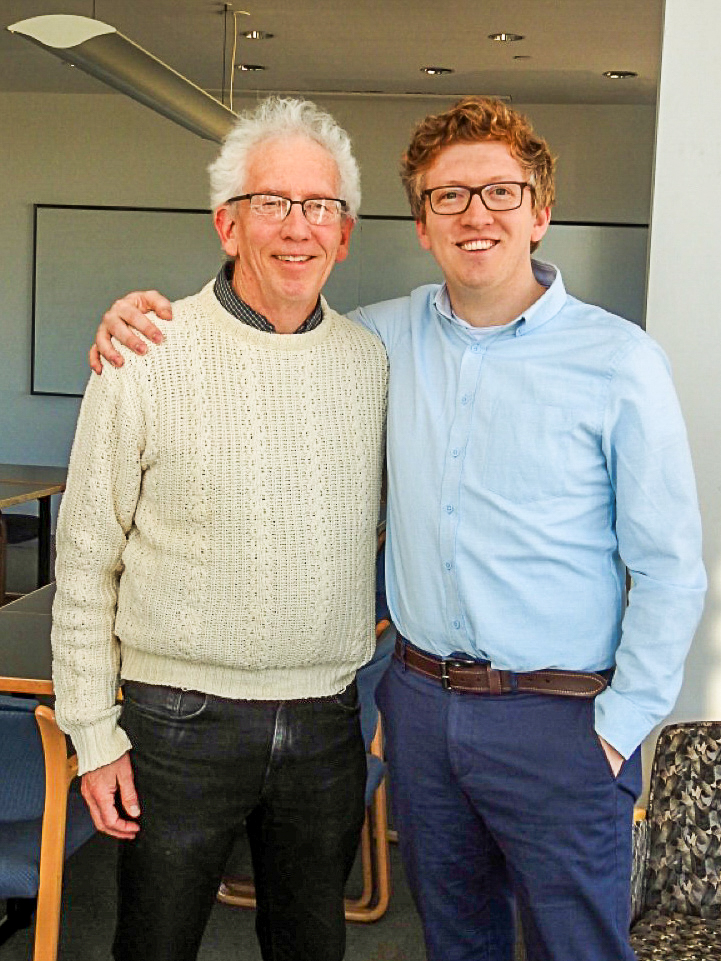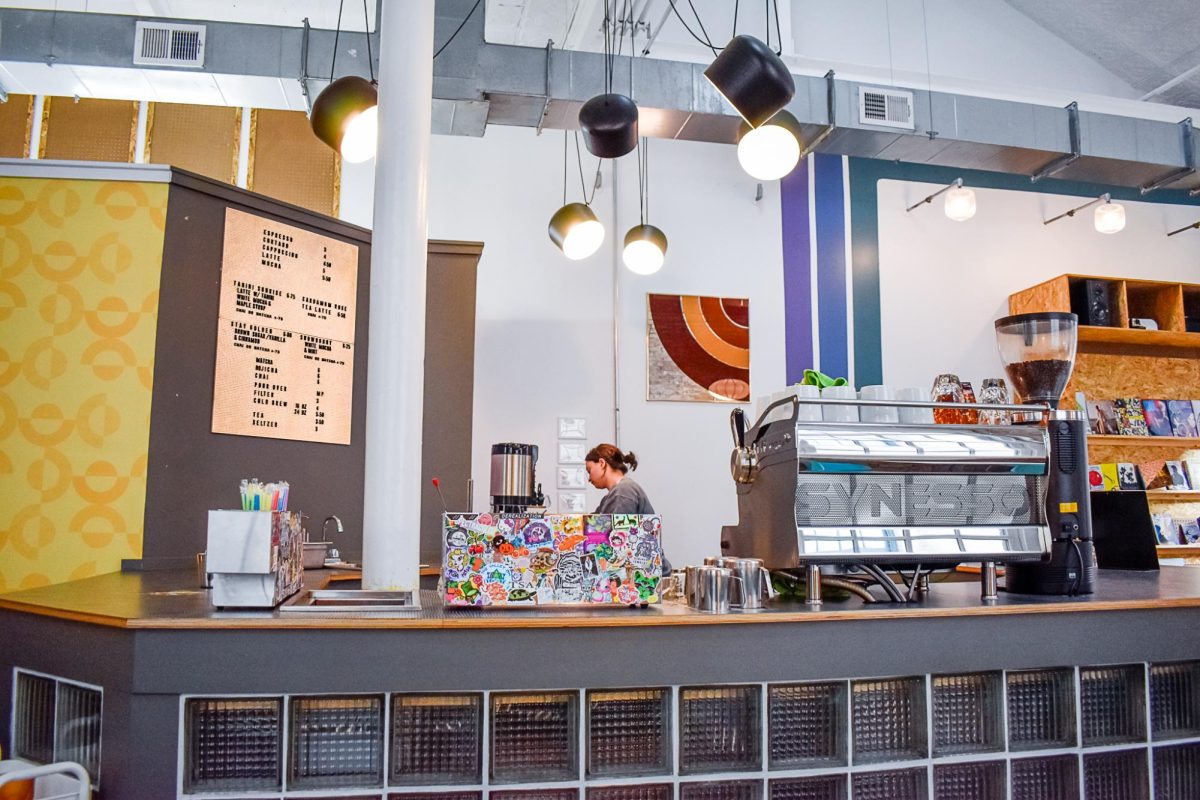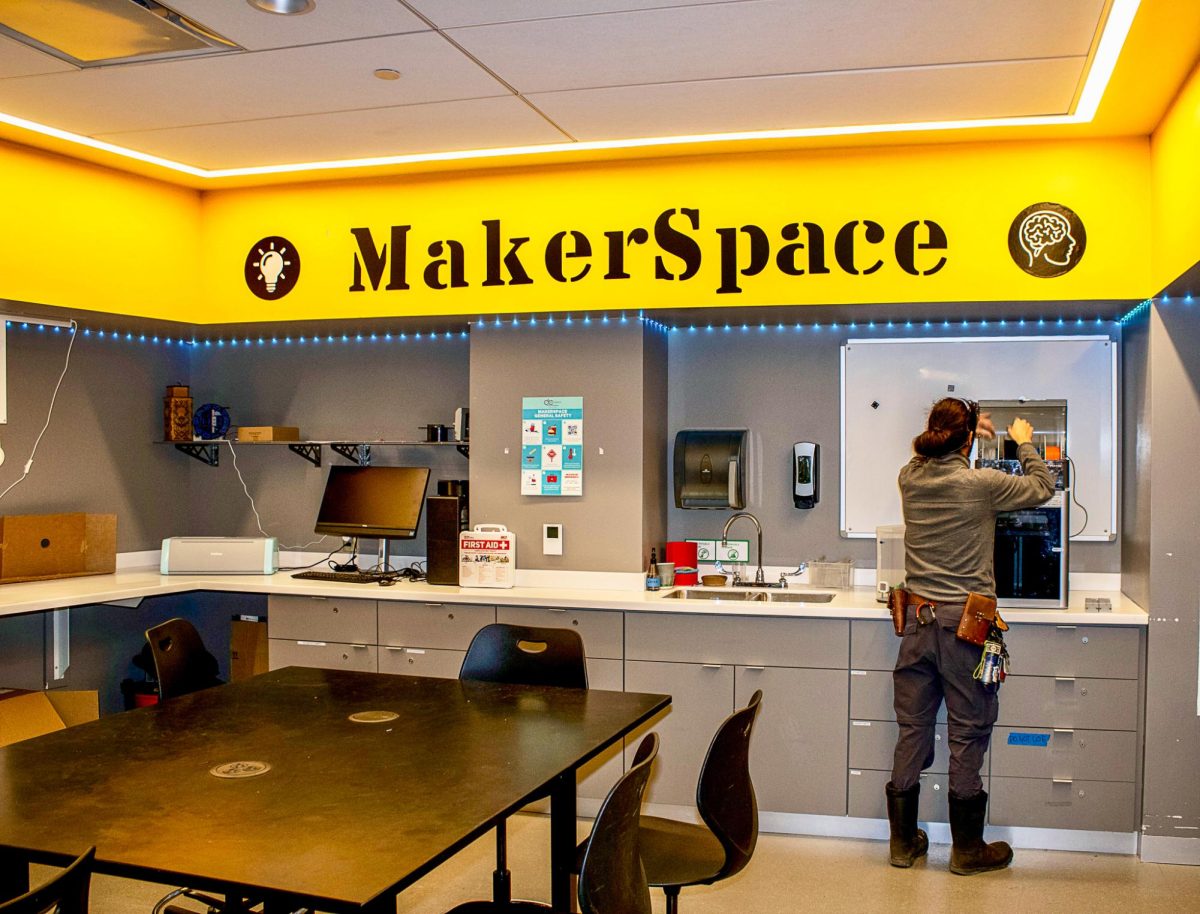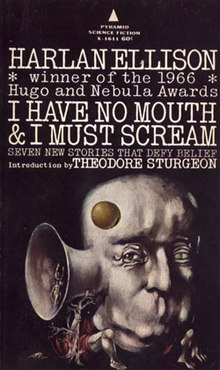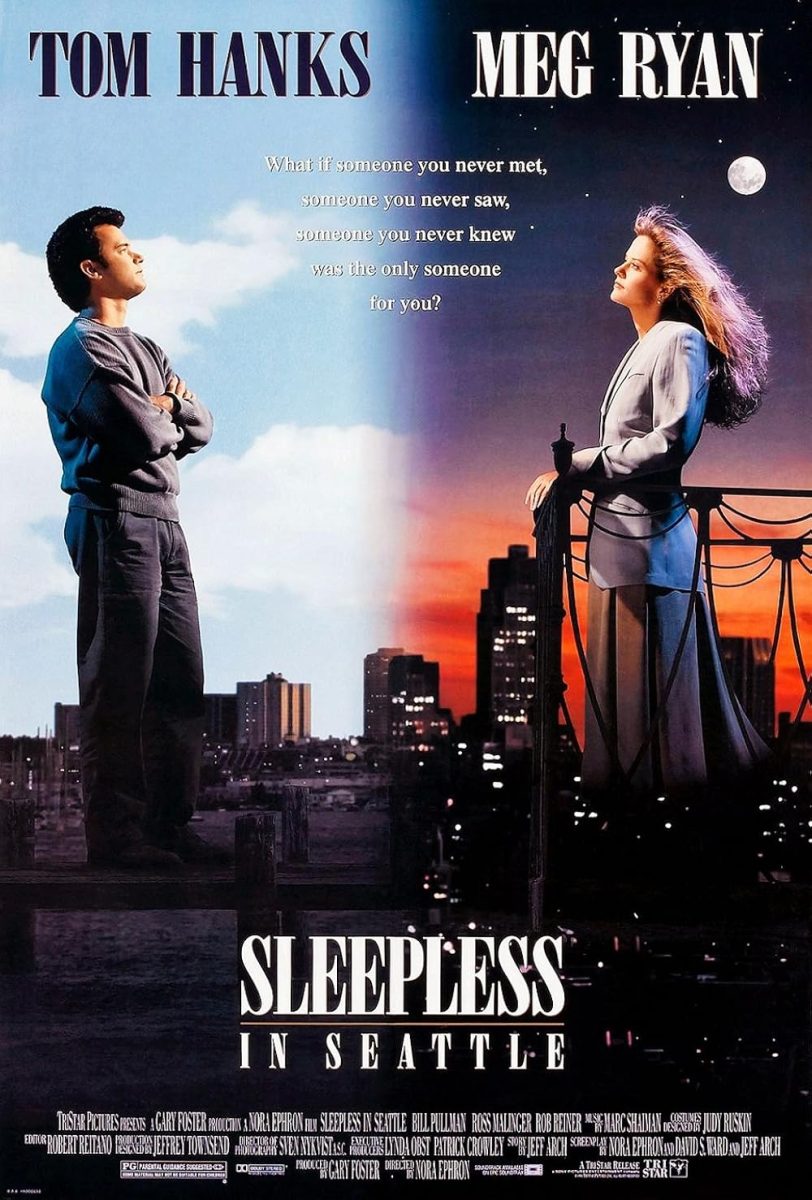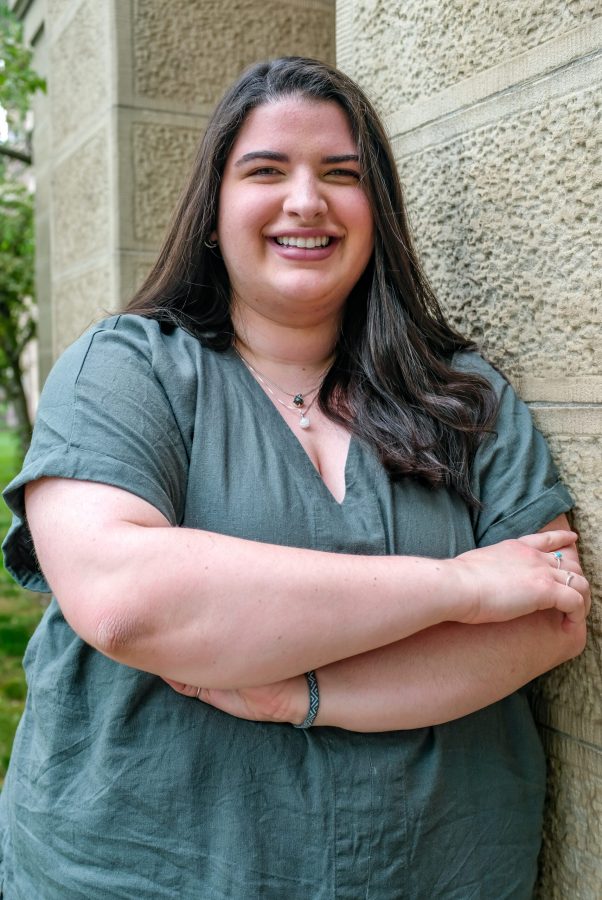Kelsey Moum ’21 says that activism takes place in marches, protests and lobbying—but she believes change can happen in everyday settings, too.
Moum said she has found that one of the best things she can do in the spaces she occupies is embody activism through individual relationships and in the groups she is part of. On campus, she is a co-coordinator for Kaleidoscope, the former president of the Lafayette chapter of the national co-ed community service organization Alpha Phi Omega (APO) and a passionate contributor to the school’s Queer Archives Project.
“I’m queer-identified, and I am a feminist, and I’ve felt that way for a very long time, but I didn’t know how to balance speaking and listening,” Moum said. “I had to become comfortable with speaking on things that were my own experience, but I also had to understand who I was in relation to other people to know when it was my turn to also listen and amplify.”
Being a Women’s, Gender and Sexuality Studies major, Moum said she has learned and understands “how gender governs a lot of…experiences of oppression” and feels secure in her education on this topic. At the same time, she continues to learn about class, race and ethnicity and is “trying to add those critical lenses because [she] was not born with them.”
“There are the experiences that I have had myself and the things that I experienced firsthand, and then there are other things that I’ve paid witness to,” Moum said. “Understanding what I can through others has changed my critical perspective for my life.”
Moum continues to educate herself on the issues that she cannot claim to understand from personal experiences.
“[Formal education] gives me some of the language that I would need to talk about that and facilitate discussions about it,” she said. “Education is really important. Letting everyone’s identities fuel that discussion is really great because everyone can just speak from their own perspective.
“I think that some of the most powerful people that I’ve ever met and who will impact my lens on life were here [at Lafayette].”
Moum has been greatly inspired by her peers. She’s observed influential work coming from organizations all across campus, and said she has always been in awe of the way that they build community.
“I feel like the emotions of my peers and my friends and people who I share space with are very valuable to me, more valuable than most things,” Moum said. “I think that everyone is deserving of a full life, so whatever I can do to that end is worth a lot of time and energy in my book.”
In addition to her formal coursework, Moum is grateful for her informal education through working with on-campus organizations.
Being involved with Kaleidoscope has provide Moum with a plethora of learning opportunities. Most notably, she has gained valuable insight when it comes to teaching others about social justice.
“The biggest thing that I’ve learned is that you can never assume where people are coming from. Whether that means people’s level of knowledge coming in about social justice, or how people’s personal identities and intersectional identities will play out with their values… we always need to be catering to the people who are coming in with no background knowledge,” Moum said.
Moum also said that Kaleidoscope plays an important “role in setting the tone of what social justice life is on campus.”
“We’re so involved with orientation [and] a lot of things to do with first years. I think we’re one of the groups that give one of the first impressions about what [social justice] means at Lafayette, which is great,” Moum said.
The Queer Archives Project, which Moum described as a mix of history and activism, underscores the activism present in libraries and historical spaces. She highlighted the project’s importance in understanding a campus history that still informs contemporary activism.
Finally, being a part of APO has highlighted for Moum the importance of community-led initiatives. She emphasized that the organization works closely not just with the school and the APO national offices, but also with the city of Easton itself.
Looking into her activism and life beyond college, Moum said she will most likely attend law school, ideally with a strong social work angle. Her career aspirations have always been guided by social justice, empathy and working with other people, and said she hopes to work in family law with foster care and adoption issues, focusing specifically on queer and transgender youth within those systems.
Overall, Moum said she certainly wants to continue to engage in volunteer work as she’s been “privileged [her] entire life to be able to volunteer and to be able to prioritize spending time that way.”
“I never want to stop engaging with the people who are around me. It’s my favorite thing ever,” Moum said. “So, however I can do that I will. It gives me purpose, which makes me happy.”





















